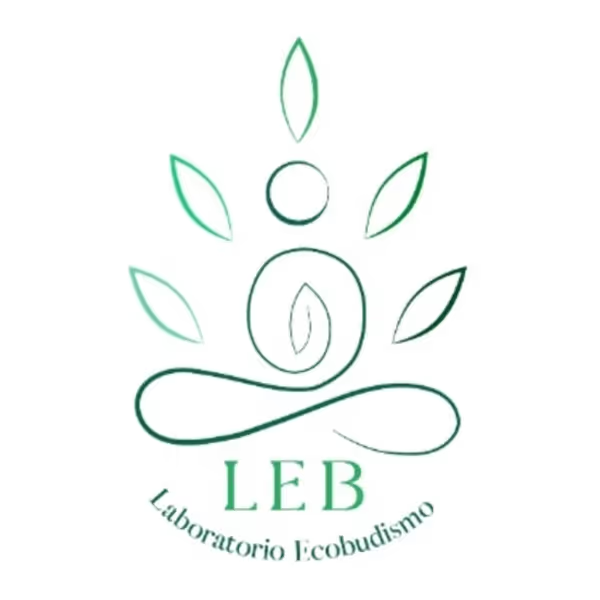
In March 2024, a group of people gathered to analyze the conception of ecology in Buddhism, starting with the study of some conceptions and ideas transmitted in the book Ecodharma by David Loy. This meeting will be the first podcast of the LEB Ecobuddhism Laboratory, an entity born from what was called the First Conference on Buddhism and Ecology in the Spanish-speaking world, held in October 2023, entitled "Ecological Buddhism and climate emergency, moving towards new interpretations and actions".
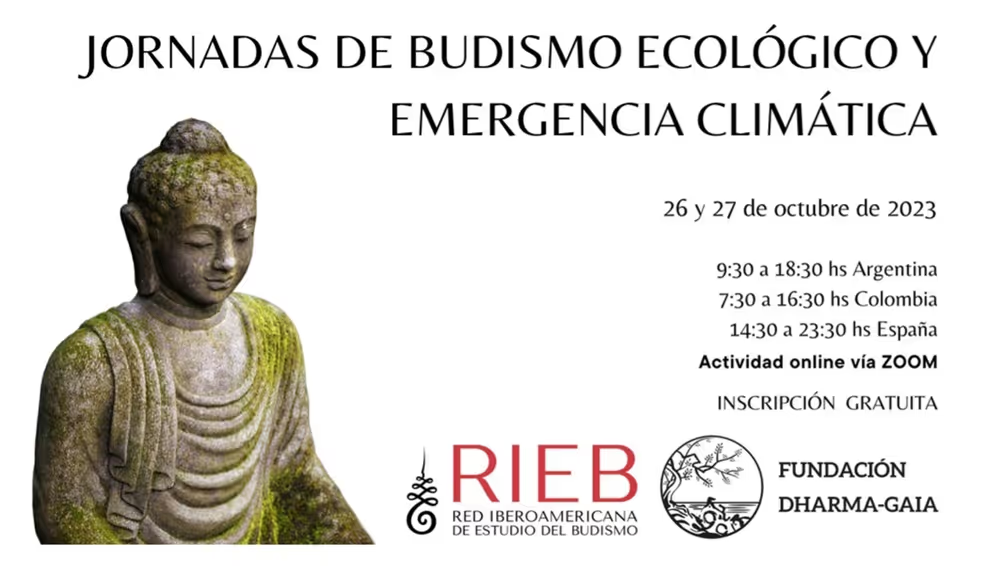
LEB is a sister entity of the Iberoamerican Network for the Study of Buddhism and the Dharma Gaia Foundation and its purpose is to make visible and support projects, studies and concrete actions that are being carried out on Buddhism and ecology, with special emphasis on Latin America and in connection with Buddhist entities in Spain. Likewise, LEB emerges as an executing, collaborative, creative and participative network, which allows to analyze new interpretations and ideas, with Buddhist bases, and to interact with diverse cultural, scientific, academic, educational entities, etc., that enrich the dialogue and the execution of ecological projects and programs in the sanghas.
The fact that the first activity of LEB has been to bring together some of its members, to address the concept of ecology, goes beyond a theoretical or ontological reflection; the intention has an intimate relationship with how to be and do ecology in Buddhism and from there, how to understand, knowing, learning, apprehending, interacting with other knowledge or traditions and carrying out concrete actions that would be producing a change in our lifestyle. Other activities are added such as the LEB Talks, which consist of talks on a specific topic, where the guests come from the Buddhist area and other traditions or entities. This was the case of the first conversation, entitled "Bioconstruction: dialogue between the Aymara and Buddhist worlds" (see https://www.laboratorioecobudismo.com/charlas/primer-conversatorio-bioconstruccion-en-el-mundo-aymara-y-budista). The purpose of the talks is that the same theme unites two different worlds, which are in a dialogue of resonance and learning to awaken new ideas or practices and ways of inhabiting the land of ancient traditions, without degrading ecosystems, protecting and preserving the environment.
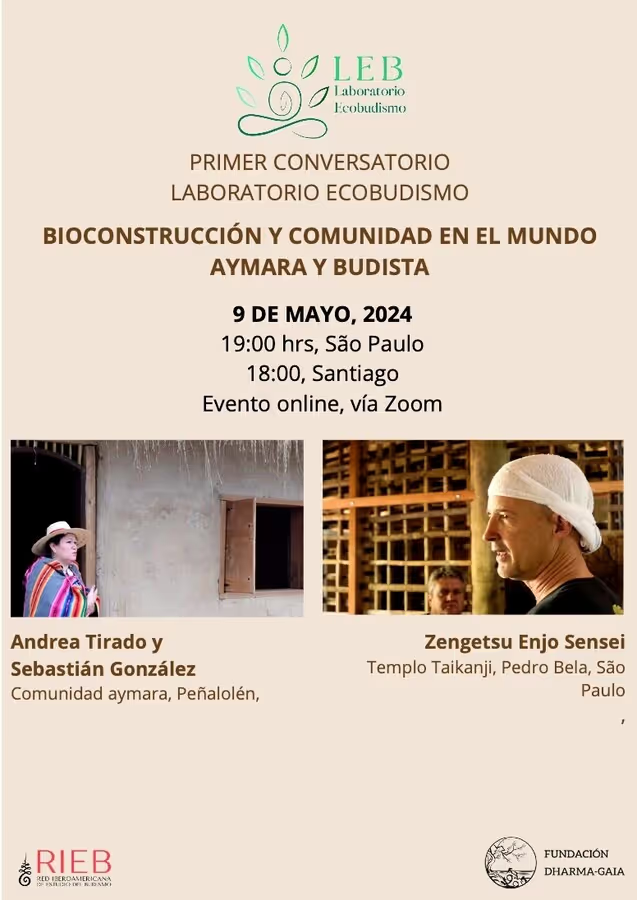
LEB intends to develop new readings or invitations to people from different points of view, who are not necessarily speaking to us from Buddhism, but from different disciplines, cultures, traditions, etc., which we can put in dialogue with the various Buddhisms, their doctrines and practices, as well as with current projects that affect nature in the Latin American region.
In addition to the podcasts, LEB is committed to creating a map that will show and aggregate the ecological projects of the Buddhist centers in Latin America with respect to protection, preservation, environmental awareness or sustainable lifestyles over time. In addition to this, articles, talks and other activities will be disseminated on the LEB web page that you can visit: www.laboratorioecobudismo.com
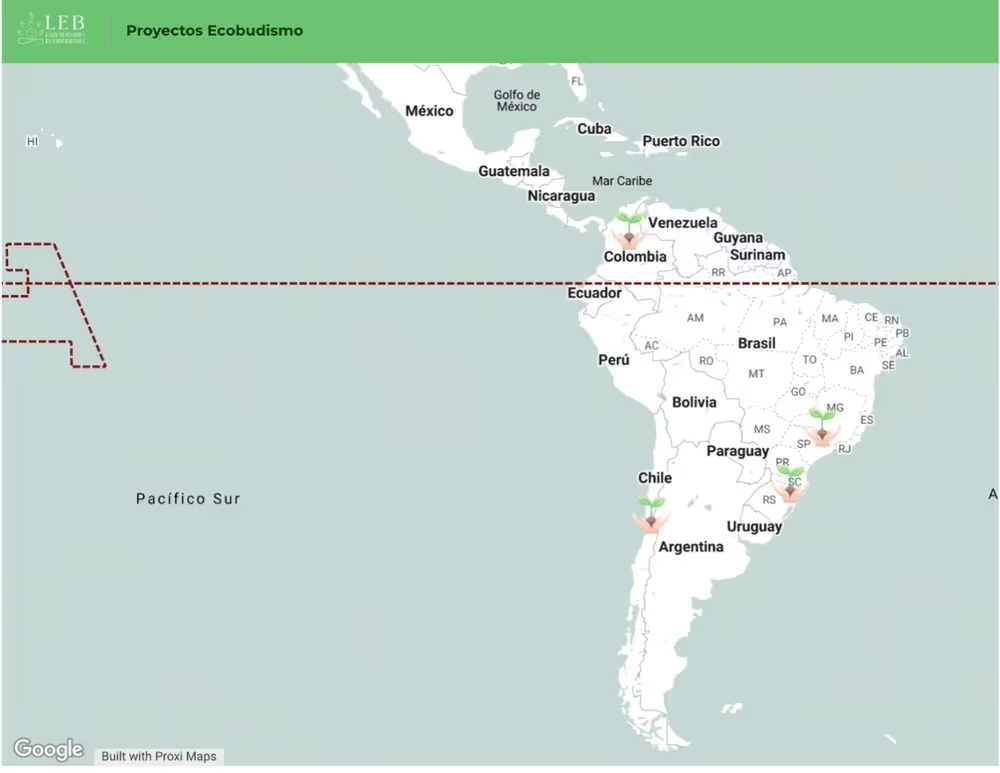
And why all this? Because the call is urgent... Although global warming and the climate crisis are already part of the world rhetoric and are manifesting themselves with natural disasters and migration of people, the lifestyle, consumerism, detention and concrete action against this situation are still minimal. We can talk about dozens of conventions, treaties and international conferences on the environment, but the implementation, many times, is limited, cumbersome, hindered by world economies and, finally, hindered by the eternal struggle of powers, selfishness, and unwillingness to change our lifestyles. This is mainly because the so-called "sustainable" policies aim much more at a "thin" and not a "thick" style (as defined by Susan Baker, 2022). Because being "sustainable" has become a business and not a real change in lifestyle and to stop exploiting nature; as Joshua Frank says in his article in Resilience), regarding the announcement of the governor of California, who said that by 2035, all vehicles in California will be zero emissions: "even if we change the type of vehicle we drive, we will not change our lifestyle to adapt to a future with climate problems"(https://www.resilience.org/resilience-author/joshua-frank). Environmental policies at the general level are not addressing the root of the problem. Continuing with what Frank mentions and from the example of lithium, nowadays called the "white gold", the production of millions of zero emission cars will require an immense amount of minerals, which are still underground: "if Californians continue to buy vehicles at the same rate as in 2023, the amount of lithium needed will exceed 113 million kilograms (249 million pounds) per year from now on", Frank points out. This figure only points to California; imagine what it would be like for all of China.....
The situation is very worrying and we would like Buddhism to focus much more on the context of the climate crisis, creating networks, preservation and protection projects, not just recycling actions (which is good, but we know it is not the solution), nor individualistic theories of being Buddhist ecologists, but to take bigger steps, as some sanghas that LEB is presenting in its map of projects are already doing. Buddhism and its capacity to adapt to the contexts in which societies live is deeply rooted and can awaken in people the "ecological state", which allows us to observe ourselves as ecosystemic beings in intimate interaction with other beings. It seems to me that only from this sensitivity (which can also be found in other currents or traditions, such as the native peoples of Latin America) is it possible to understand and address the real need in the face of ecosystemic damage.
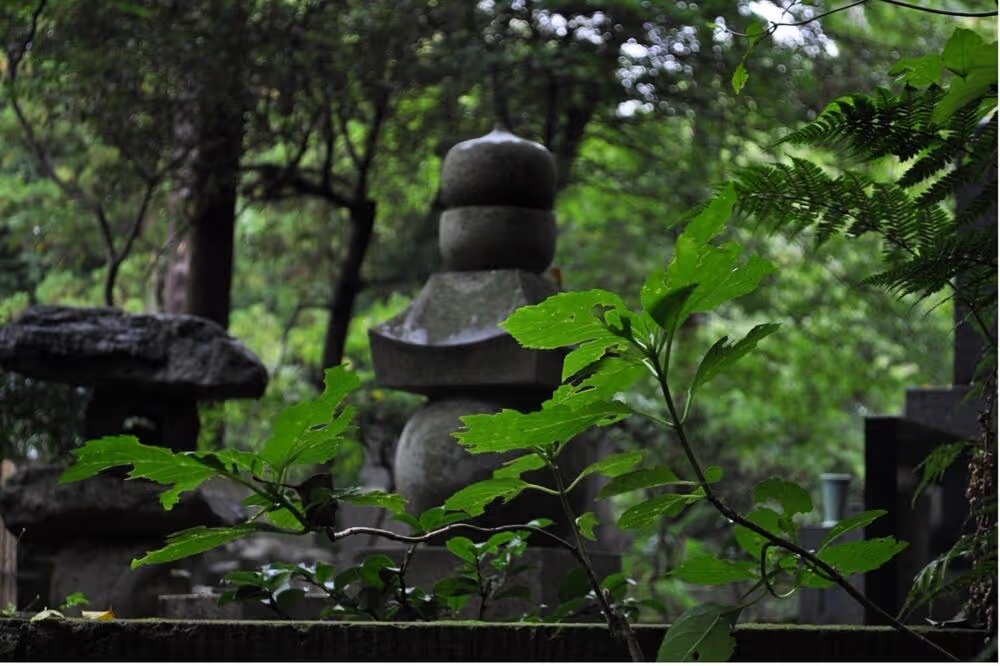
At present the core of LEB is composed of a group of people dedicated to Buddhist studies, environmental projects or contributing to the development of Buddhism, either from the academic world or in other public and private spaces. Those of us who participate in LEB are also interested in analyzing different perspectives, which enter into dialogue with the sanghas and vice versa. Buddhism and its environment have constructed or interpreted ecological rhetorics, which in many cases are the theoretical basis for environmental projects in different countries. But it has also been observed that there is still much that can be done, not only in action, but in the analysis of Buddhist interpretations themselves, from a deconstruction to build new forms and ideas that allow us to remember our ecosystemic relationship with other species.
We invite everyone who wants to add, contribute, contribute or simply get to know LEB. You are all very welcome!
Link:
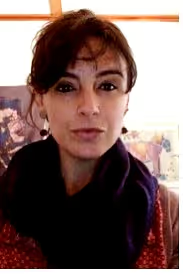
María Elvira Ríos
D .in Asian and African Studies, with a specialization in China, from the Center for Asian and African Studies at El Colegio de México (2015). Her publications deal with Buddhism, Chinese language and culture. Currently, she is a Fondecyt postdoctoral fellow (No. 3190076, 2019-2021) at the Institute of Aesthetics of the Pontificia Universidad Católica de Chile, with the research "The ecological reflection of Chinese Buddhism". She is a member of ALADAA CHILE and collaborator of Buddhistdoor in Spanish.










